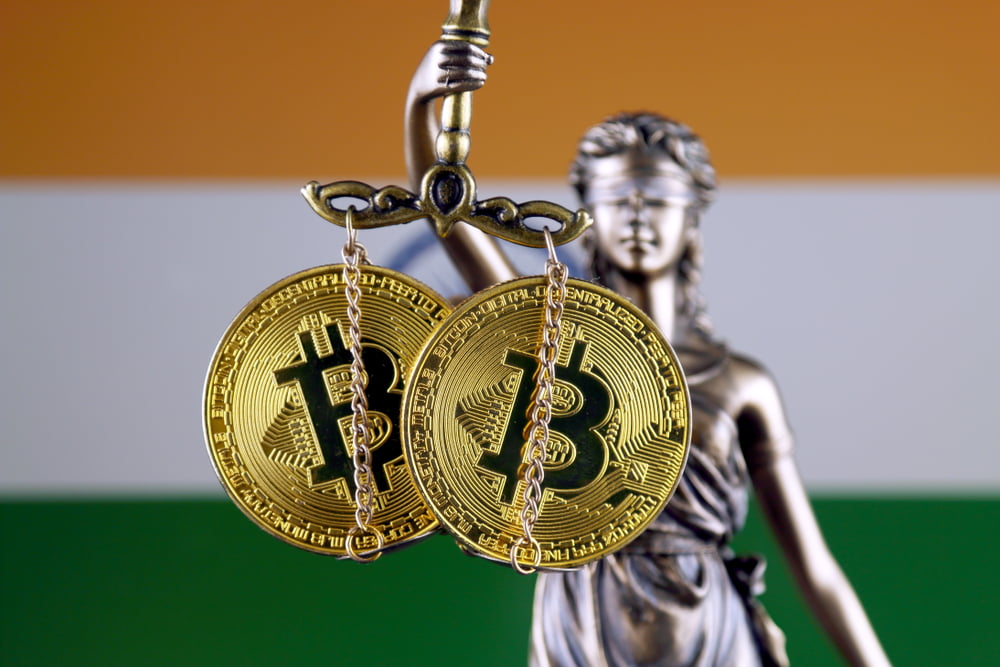There seems to be a fair amount of uncertainty and misinformation regarding India’s stance on Bitcoin and cryptocurrencies. More specifically, a few news outlets have reported that the country would ban Bitcoin altogether. There’s no evidence to back up such claims right now. Moreover, the secretary of the country’s Department of Economic Affairs claims there will not be any regulation for at least another two months. The general outlook is rather positive, rather than negative.
India has no Reason to ban Cryptocurrency
It always makes for some good headlines to claim that another country will probably ban Bitcoin. Simply because they are actively working on regulating this market does not mean a ban is the logical outcome. This is especially true when it comes to India, as a ban seems rather unlikely at this stage. As it happens, there is a plan in motion to bring positive cryptocurrency regulation to India in the next few months. For now, it remains unclear what that means exactly, but it seems a ban is almost completely out of the question.
Subhash Chandra Garg, the secretary of India’s Department of Economic Affairs, has confirmed as much. In a recent interview, he explained that his agency is still in the process of examining potential regulatory measures. These findings will be presented to the government over the next two months. As one would expect, there are quite a few different factors which will all need to be taken into careful consideration. All of this further confirms that the Indian government wants to do its job right, rather than take a harmful approach.
It is true that India’s finance minister is not a big fan of cryptocurrency. He certainly doesn’t want Bitcoin and altcoins to be used in any illegal capacity. Unfortunately, Bitcoin and a few other cryptocurrencies have mainly made a name for themselves in these illegitimate schemes. Since no one can issue or control cryptocurrency, it is pretty difficult to regulate this industry as a whole. It seems India’s government is leaning toward labeling Bitcoin as an asset, which would allow for more specific regulatory measures in the future.
Additionally, there is no chance the cryptocurrency asset class will ever become a part of India’s financial system. The government will not make Bitcoin or altcoins legal tender in an official capacity, but they have no intention of preventing people from accessing them either. Instead, they aim to make consumers understand what they are getting themselves into exactly. For now, the government would prefer to educate and warn, rather than outright ban, this new form of money.
It is evident that plenty of governments around the world would love to regulate Bitcoin but will have a hard time doing so. As no one can authorize or control the issuance and use of these currencies, it will be rather interesting to see what the future holds in this regard. Not making Bitcoin legal tender is something most people had expected at this stage. However, the government’s willingness to turn it into an “asset class” is a rather positive development. Do keep in mind none of this has officially been confirmed.
For now, all we can do is wait and see what else India’s regulators come up with. There is some clear Bitcoin-related opposition within the government’s ranks, but without majority support, no decisions will be made. Any attempt to regulate cryptocurrency is positive by default, at least when an open-minded approach is maintained at all times. So far, it seems India is keeping a rather open mind.

